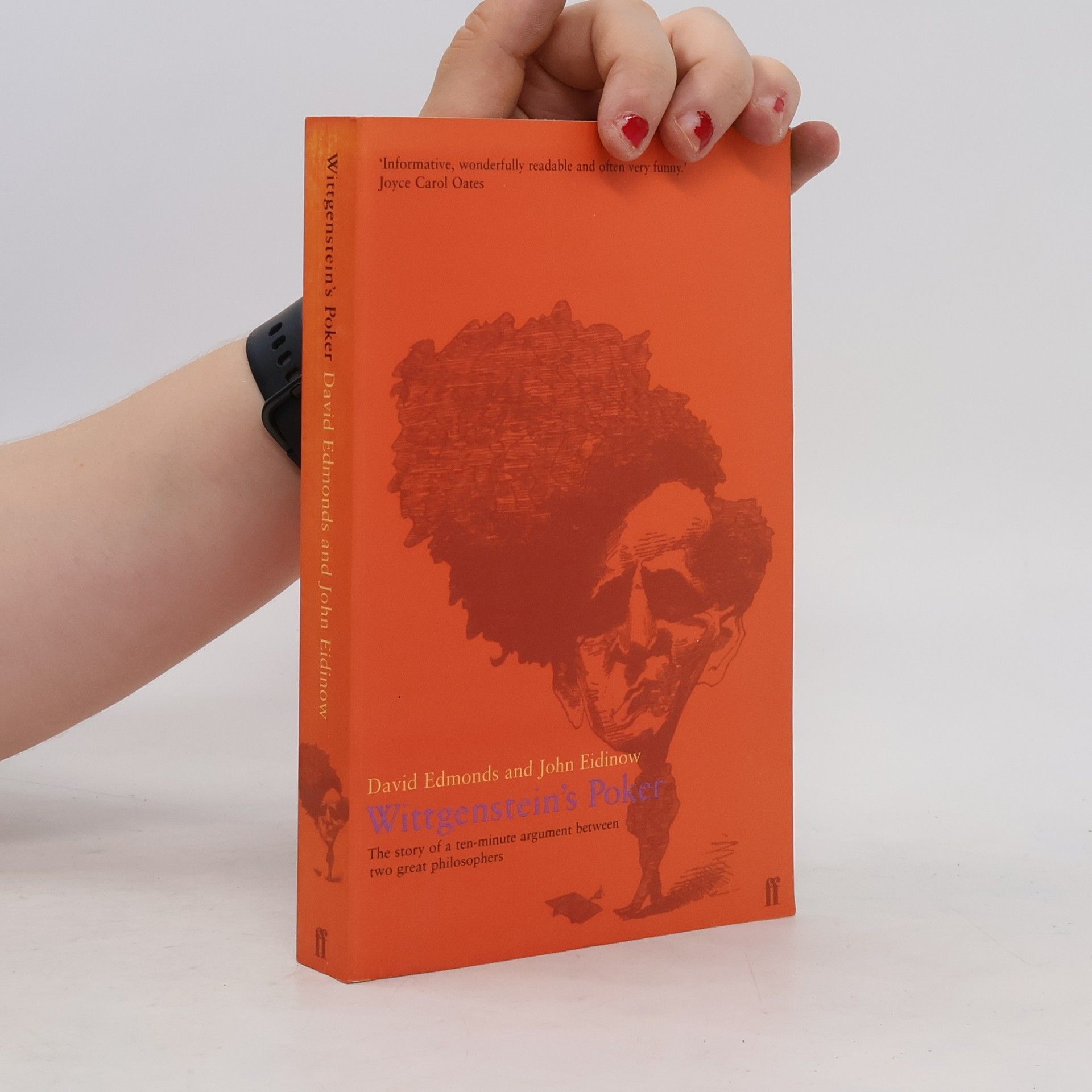Wittgenstein's Poker
The Story of a Ten-minute Argument Between Two Great Philosophers
- 267pagine
- 10 ore di lettura
Wittgenstein's Poker is an engaging mixture of philosophy, history, biography and detection. It ranges from the place of assimilated Jews in fin-de-siegrave;cle Vienna, to what happens to memory under stress, to a vivid portrait of Cambridge and its eccentric set of philosophy dons, including Bertrand Russell (who acted as umpire). At the centre of the story stand the philosophers themselves, proud, irascible, larger than life, and spoiling for a fight. 'Those 10 minutes shook the world of Western philosophy literally to its foundations . . . Edmonds and Eidinow have a very good story to tell, and they tell it wonderfully well.' Irish Times 'Excellent . . . If people have recently been led to think of philosophy solely in terms of its consolations, a kind of chicken soup for the soul, this is the book to cure them all.' Sunday Times

